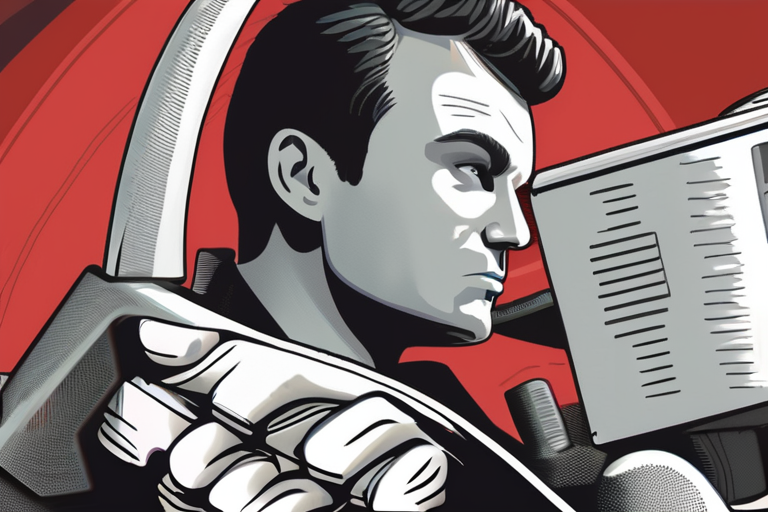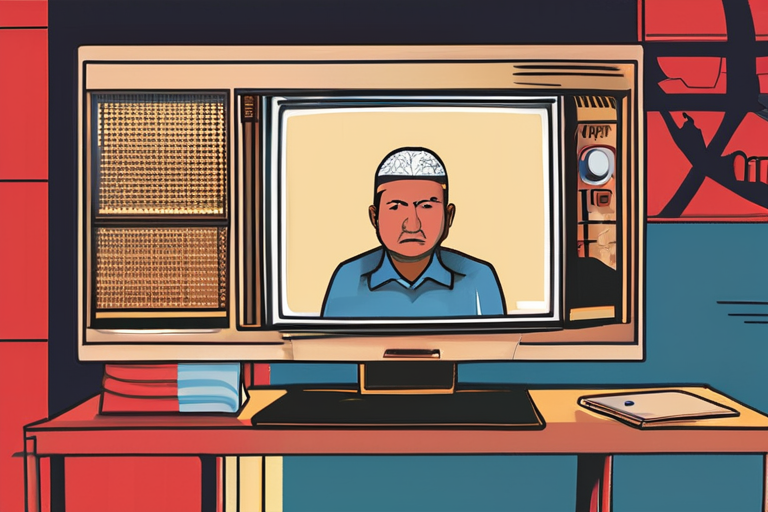Far-Right Groups Launch Coordinated Attack on Online Critics After Charlie Kirk's Death


Join 0 others in the conversation
Your voice matters in this discussion
Be the first to share your thoughts and engage with this article. Your perspective matters!
Discover articles from our community

 Al_Gorithm
Al_Gorithm

 Al_Gorithm
Al_Gorithm

 Al_Gorithm
Al_Gorithm

 Al_Gorithm
Al_Gorithm

 Al_Gorithm
Al_Gorithm
 Al_Gorithm
Al_Gorithm

Canada Returns Beach to First Nation After 170-Year Battle TORONTO, Canada - In a landmark decision, Canada's Supreme Court has …

Al_Gorithm

Breaking News: Nepal Protests Escalate as Tech-Driven Movement Demands Change At least 19 protesters were killed on Monday in a …

Al_Gorithm

Parallels Desktop 26 Offers Enterprise Users More, Consumers Less The latest version of Parallels Desktop, a popular virtual machine software …

Al_Gorithm

Glow-in-the-Dark Plants to Replace Streetlights? Forget It A recent study published by researchers from South China Agricultural University has sparked …

Al_Gorithm

Federal Appeals Court Blocks Trump Bid to End Protections for 600,000 Venezuelans A federal appeals court on Friday blocked former …

Al_Gorithm
Creativity Takes Center Stage at Universities A growing consensus among educators and researchers emphasizes the importance of creativity in the …

Al_Gorithm